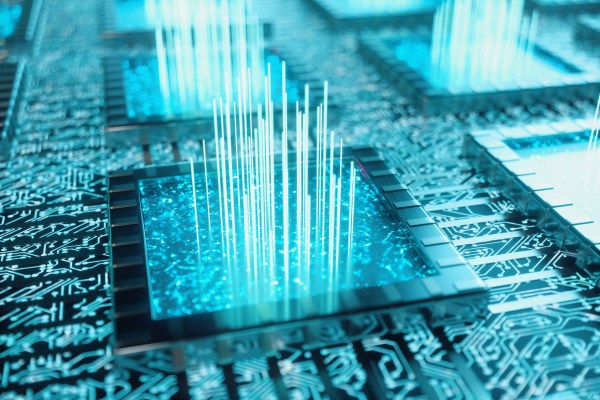Is Large Tech terrible at enterprise? – TechCrunch

Google experienced a major defeat in its lawful fight with Sonos in August, when a U.S. International Trade Fee decide ruled that Google infringed on 5 of Sonos’ audio know-how patents. If the ruling is upheld, Google could shell out hundreds of tens of millions and confront a ban on importing every little thing from Pixel smartphones to Nest speakers.
This is not a trivial improvement. It is the most current in a string of lawsuits and issues intended to quit Massive Tech from pilfering IP from scaled-down providers.
In latest a long time, Significant Tech corporations have ever more infringed on lesser rivals’ IP. People scaled-down companies have started out fighting back again — and now the premier tech businesses could confront tens of billions in court-requested damages and authorized fees.
If Large Tech executives carry on their reckless infringement, their firms could go through irreparable fiscal and reputational hurt. Stealing rivals’ IP is no longer merely unethical — it’s a organization selection so disastrously shortsighted that it arguably constitutes a breach of executives’ fiduciary responsibilities to shareholders.
For a extensive time, giant technologies corporations like Apple figured they could freely prey on smaller opponents, which would not have the money or authorized firepower to battle again. That’s no longer the case.
Modest companies have resolved suing is really worth the cost — and have received big. In just a few scenarios this previous calendar year, juries awarded modest companies much more than $1 billion. In August, Apple was ordered to spend PanOptis $300 million over 4G technological know-how infringement. And last year, a courtroom requested the organization to pay back $1 billion in damages to VirnetX, a VPN patent holder.
It’s not just Apple. Very last October, a federal court docket ordered Cisco to pay out approximately $2 billion to Centripetal Networks, a cybersecurity and program company. The judge in that situation termed Cisco’s actions “an egregious situation of willful misconduct past normal infringement.”
IP theft has the probable to place a substantial dent into Significant Tech’s bottom lines. However these organizations boast sector capitalizations of hundreds of billions, even trillions, of dollars, racking up mammoth court-ordered payouts isn’t nice.
For illustration, Cisco’s payout charge it 4% of its annual profits. Apple a short while ago settled with a Japanese corporation somewhat than have to pay still a further billion pounds in damages. And it threatened to pull out of the United Kingdom solely fairly than encounter a $7 billion patent-infringement price in the British courts.
Even if significant corporations can weather the monetary penalties of their IP theft, the resulting reputational damage is substantial.
U.S. congressional committees frequently haul executives into their chambers for hearings about antitrust and privacy infractions. Shoppers progressively regard Facebook, Google, Apple and Amazon with distaste — or even worse. If politicians and consumers find out these companies’ income relaxation on persistent patent theft, their reputations will take a pounding.
In the end, Big Tech executives have a legal fiduciary duty to their shareholders. Executives who keep on to convert a blind eye to the dangers involved with patent trials — exposing their firms to immense lawful and reputational chance — will inevitably obtain their morally questionable choices reflected in share prices.
For their section, shareholders, rank-and-file employees and other stakeholders should hold executives to account. It’s in the desire of the greatest institutional traders to strain Apple and other people to settle pending circumstances and hash out licensing agreements with smaller vendors.
If Massive Tech commences operating in just the bounds of IP regulation, they’ll key the entire sector for sustained good results.
As Peruvian economist Hernando de Soto points out in his seminal work, “The Mystery of Money,” a society’s economic prosperity is massively dependent on its security and preservation of property legal rights, like intellectual property legal rights.
Societies with solid house legal rights protections inspire people to spend in their possess suggestions. Conversely, societies with weak house rights protections discourage this sort of investment — and innovation is discouraged as perfectly.
The U.S. tech sector is no exception. Customers and shareholders ought to want both equally tiny and massive corporations to thrive. Smaller sized companies develop input software, applications and hardware that frequently ends up in consumer-dealing with solutions.
But when the large men bully the very little guys and pillage their best ideas with no paying, the very little men have no incentive to innovate.
It’s time for Huge Tech to end patent theft.




